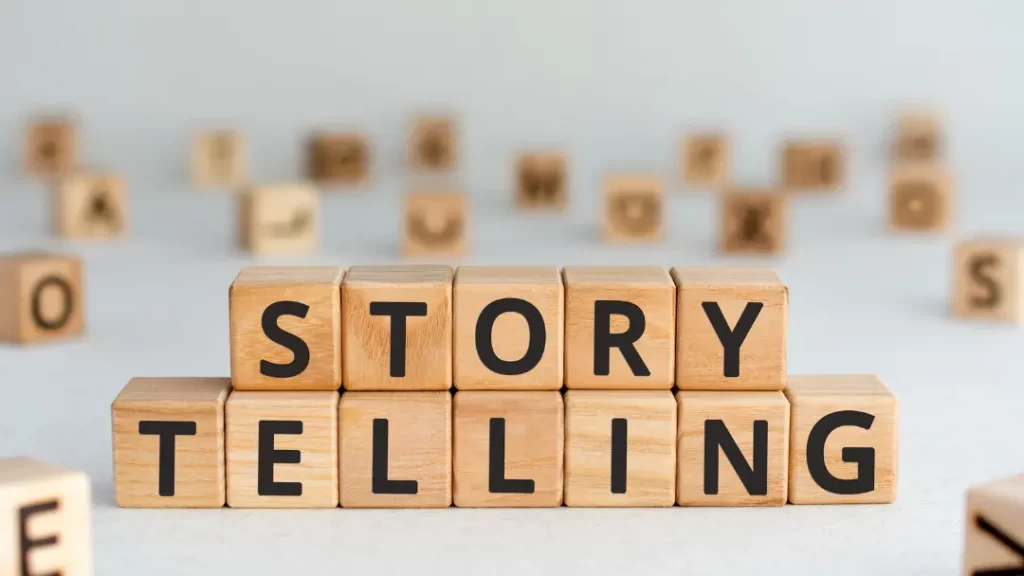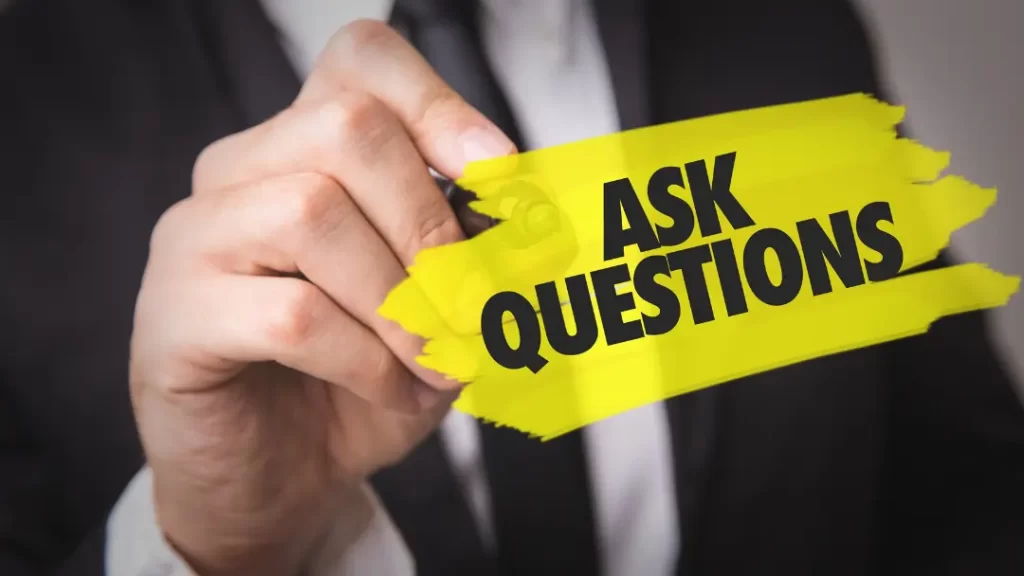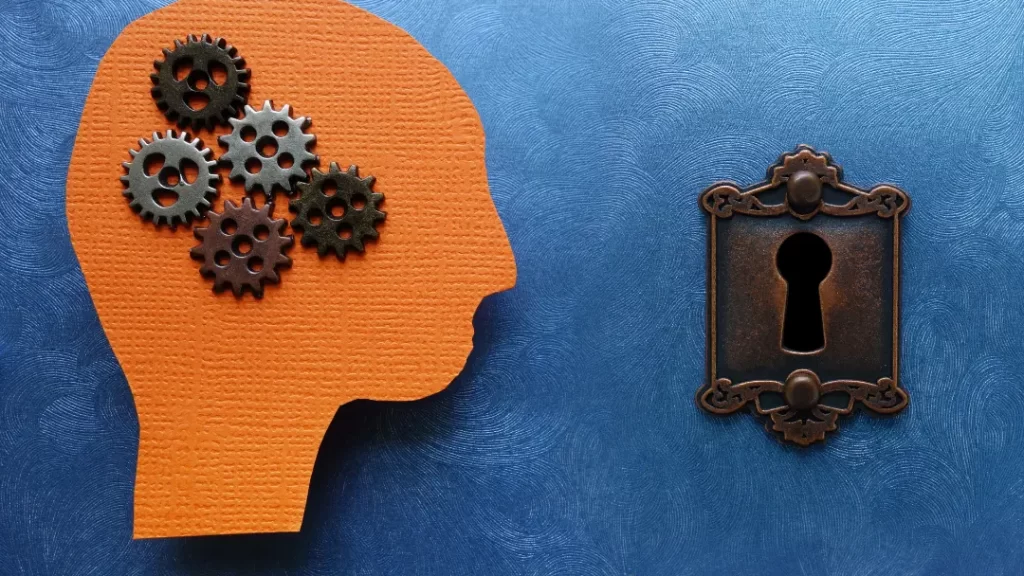Job interviews serve as pivotal gateways in one’s career journey, acting as the crucial bridge between aspirations and reality.
As candidates, you find yourself standing at the intersection of opportunity and challenge during these interviews, where your responses can shape the trajectory of your professional lives.
This article delves into the intricate art of handling critical moments in job interviews with finesse, ensuring that each interaction becomes a stepping stone toward career advancement.
In any job interview, several critical moments can significantly impact the outcome of the interview and your chances of landing the position.
These moments are pivotal in shaping the interviewer’s perception of you as a candidate. Here are three crucial moments in an interview:
1. Critical Moments – First Impressions
The saying “You never get a second chance to make a first impression” holds true in interviews.
The initial moments of the interview, from the moment you walk into the room or start the video call, are critical.
This is when the interviewer forms their first impression of you.

Here are some tips to make a positive impact-
Dress appropriately for the role and the company culture.
Begin by researching the company’s dress code policies and observing the attire of current employees to gain insights into the prevailing norms.
Pay attention to the subtleties of grooming and personal presentation.
Neatness and attention to detail are crucial components of making a positive impression.
Ensure that your clothing is well-fitted, your shoes are polished, and any accessories are tastefully chosen.
Offer a firm handshake or a confident greeting, if it’s a virtual interview.
In a face-to-face setting, a firm handshake establishes an immediate sense of professionalism and confidence.
In the virtual realm, replace the handshake with a clear and audible greeting, ensuring your tone exudes enthusiasm and sets a positive tone for the interview.
Maintain eye contact and smile to convey enthusiasm and professionalism.
Sustained eye contact fosters a sense of connection, signaling attentiveness and confidence.
Additionally, a genuine smile not only projects positivity but also contributes to a friendly and approachable demeanor, helping to create a comfortable atmosphere during the interview.
Remember a strong first impression sets the tone for the entire interview and can make the interviewer more inclined to view you favorably.
2. Critical Moments – Behavioural Questions and Storytelling
Many interviews include behavioral questions that ask you to provide examples of past experiences and how you handled specific situations.
This is a critical moment where you need to showcase your skills, experiences, and suitability for the role.

You can follow this framework to excel in this part of the interview-
Prepare by identifying relevant stories and examples from your past work or life experiences.
Delve into your professional and personal history to pinpoint instances that showcase your skills and attributes.
These anecdotes serve as powerful illustrations during interviews, offering concrete evidence of your abilities and allowing you to articulate your achievements in a compelling and memorable manner.
Focus on the positive outcomes and what you learned from challenging situations.
When discussing challenges, emphasize the solutions you implemented and the lessons you gained from overcoming adversity.
Highlighting your ability to turn challenges into opportunities demonstrates resilience and a proactive mindset, leaving a lasting impression on the interviewer about your problem-solving skills and continuous improvement mentality.
Tailor your responses to align with the specific job requirements and company values.
Carefully analyze the job description and company culture to identify key attributes they seek.
By customizing your answers, you demonstrate a genuine interest in the role and an understanding of how your unique skills and values align with the needs of the organization, showcasing your dedication to contributing meaningfully to the team’s success.
Your ability to effectively convey your skills and experiences through storytelling can make a significant difference in how the interviewer perceives your qualifications.
3. Critical Moments – Asking Questions
Towards the end of the interview, the interviewer will often ask if you have any questions for them.
This is a critical moment to demonstrate your interest in the role, the company, and your fit within the organization.
It’s also an opportunity to gain valuable insights into the company’s culture and expectations.

These are few tips to make the most of this moment –
Prepare thoughtful questions in advance that show you’ve researched the company.
Beyond basic inquiries, delve into specific aspects such as recent company achievements or challenges mentioned in the news.
Ask about the team dynamics, company culture, and opportunities for growth.
Inquire about the next steps in the hiring process and the timeline for a decision.
Expressing interest in the timeline demonstrates your enthusiasm for the role and helps you manage your expectations.
Avoid asking questions solely focused on salary and benefits at this stage.
Your questions should reflect genuine curiosity and a desire to understand how you can contribute to the company’s success.
It also indicates that you’re thinking long-term and not just looking for any job.
Remember, each of these critical moments in an interview provides an opportunity for you to stand out, make a positive impression, and leave the interviewer with a lasting, favorable impression of your candidacy.
By preparing for these moments and approaching them strategically, you can increase your chances of success in the interview process.
As you embark on your interview journey, trust in your abilities and the unique value you bring to the table.
Reflect on each encounter as a chance to showcase your skills and personality, ultimately paving the way for a fulfilling and successful career ahead.
Best of luck in your interviews!


